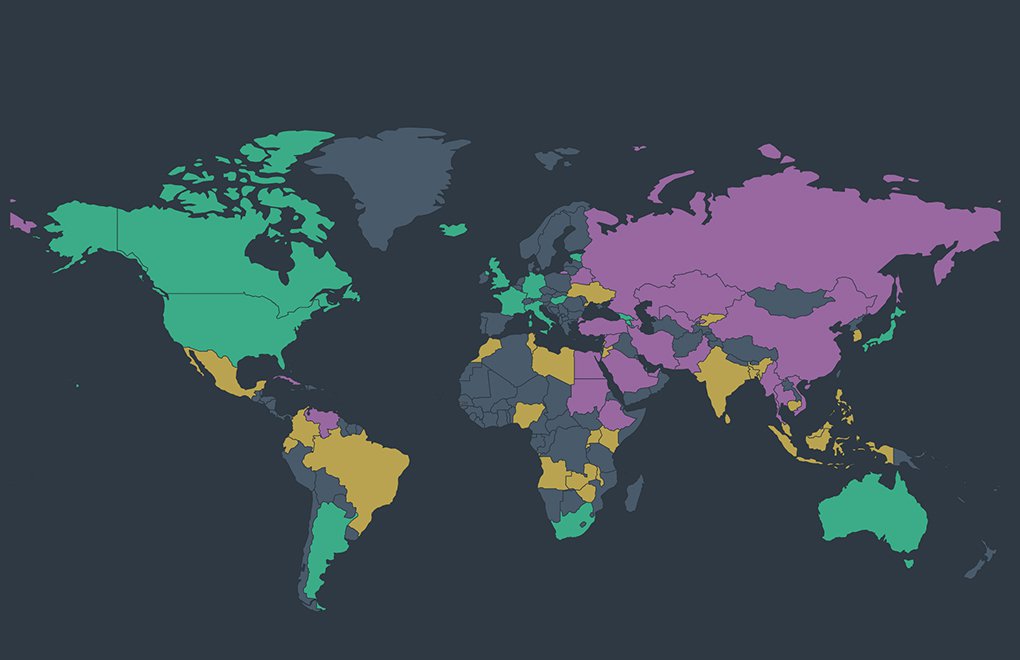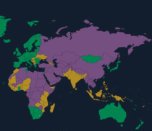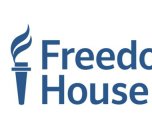Internet is 'Not Free' in Turkey, Says Freedom House Report

Click to read the article in Turkish
Freedom House, a US-based NGO, has released its "Freedom on the Net 2019: The Crisis of Social Media" report and shared its evaluations and ranking regarding Internet freedom around the world.
The report has shown that the Internet is "not free" in Turkey, as it was also the case in 2018. Turkey scores 37 out of 100 in Internet Freedom.
Focusing on the developments in 65 countries from June 2018 to May 2019, the report has commented, "What was once a liberating technology has become a conduit for surveillance and electoral manipulation."
Turkey scores 37 out of 100
Released for the ninth time this year and covering 87 percent of the world's Internet users, the report categorizes 65 countries as "free", "partly free" and "not free". While the countries scoring 70 to 100 are considered to have a "free" Internet, those that score 40 to 69 are regarded as "partly free" and the ones that score 39 and below are considered "not free".
Accordingly, scoring 37 out of 100, Turkey's Internet is regarded as "not free". The other countries who do not have Internet freedom according to Freedom House are Azerbaijan, Myanmar, Belarus, Tayland, Kazakhstan, Russia, Venezuela, Bahrayn, United Arab Emirates, Egypt, Pakistan, Saudi Arabia, Uzbekistan, Sudan, Vietnam, Kuba, Syria, Iran and China.
Iceland ranks first in the list
According to the report, scoring 95 out of 100, Iceland has become "the world's best protector of Internet freedom" in 2019.
"Users in this island country enjoy near-universal connectivity, minimal restrictions on online content, and strong protections for their rights online", the report has commented further.
Iceland has been respectively followed by Estonia, Canada, Germany, Australia, the UK, the US, Armenia, France, Georgia, Italy, Japan, Argentina, Hungary and South Africa.
'Internet freedom in Turkey is highly restricted'
Sharing details about Internet freedom in Turkey, Freedom House report has indicated that the country scores 15 out of 25 in "Obstacles to Access", 11 out of 35 in "Limits on Content" and 11 out of 40 in "Violations of User Rights", which accounts for 37 points out of 100 in total.
While Turkey has become the only country in Europe whose Internet is "not free", the report has shared the following comments on Turkey:
"While disruptions to connectivity and convictions for online activities were not observed during the coverage period, internet freedom in Turkey remained highly restricted. Online content was frequently blocked, including news articles, and authorities continued to investigate or arrest users.
"Worryingly, regulations requiring online content providers to secure broadcasting licenses came into force after the coverage period, possibly leading to increased censorship and content regulation of local streaming and news websites."
'Governments monitor users'
The report has evaluated Internet use around the world as follows:
"Internet freedom is increasingly imperiled by the tools and tactics of digital authoritarianism, which have spread rapidly around the globe.
"Repressive regimes, elected incumbents with authoritarian ambitions, and unscrupulous partisan operatives have exploited the unregulated spaces of social media platforms, converting them into instruments for political distortion and societal control.
" While social media have at times served as a level playing field for civic discussion, they are now tilting dangerously toward illiberalism, exposing citizens to an unprecedented crackdown on their fundamental freedoms.
" Moreover, a startling variety of governments are deploying advanced tools to identify and monitor users on an immense scale.
"As a result of these trends, global internet freedom declined for the ninth consecutive year in 2019."
Click here for the Turkey report of Freedom House
Click here for the full report
(HA/SD)







